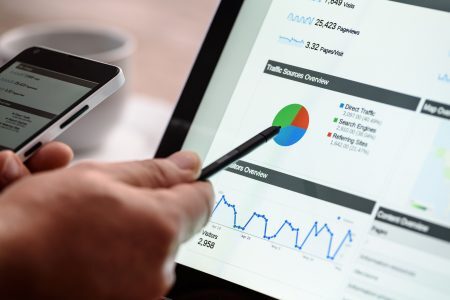Having spent the early months of 2021 exiled from social media, Donald Trump may be set to make a return,…
Browsing: The Conversation
If you spend hours of the day on your phone checking social media, you’re not unusual. The average internet user…
Described by some as “Europe’s biggest tech show”, the Berlin Radio Show has long been famous for exhibiting the next…
There’s hope that some industrialised countries will achieve near-universal vaccination against COVID-19 in the coming months. Yet the effort to…
As an academic researcher, developer of artistic technology and amateur artist, I was quite skeptical about crypto art when I first read…
Last week, Christie’s sold a digital collage of images called “Everydays: The First 5000 Days” for US$69.3 million dollars. This week,…
Just as other brand names make their way into the dictionary, Zoom has now become a daily verb and a noun.…
When the children’s digital game Roblox launched on the New York Stock Exchange last week, the company’s share price rapidly…
In March 2021, Google announced that it was ending support for third-party cookies, and moving to “a more privacy first…
Imagine running on a cement footpath, and then suddenly through dry sand. Just to keep upright, you would have to…









